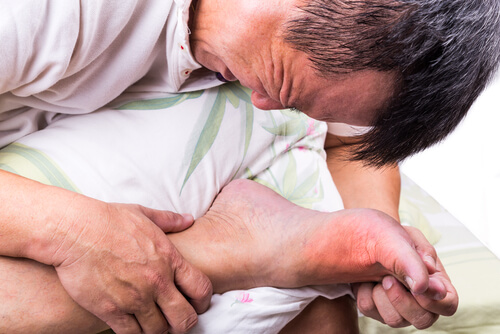
An incredibly rare but very serious problem of the immune system, GBS causes an autoimmune disorder whereby the body seemingly attacks itself.
The immune system systematically and aggressively attacks all healthy nerve cells within the peripheral nervous system (PINS). Working like a pinpoint missile launcher, the disorder is highly effective with its destructive mission.
Ultimately, these conditions can lead to partial or complete paralysis, making it all the more serious, however, feeling weak, as well as experiencing numbness and tingling are earlier problems that most people will face.
Whilst the cause of the condition is unknown, it is fairly certain that it is preceded by an infectious illness. Gastroenteritis or a lung infection are two examples of illnesses that could potentially bring it on.
Although there is currently no cure for the syndrome, early and effective treatment can make a big difference to a sufferer’s life, often shortening the time span of the illness or making the symptoms more bearable.
1. Tingling or Prickling Sensations in Your Fingers or Toes
A tingling or pricking sensation anywhere on the body, especially when it persists for a long period of time, can be an annoyance at the very least, with most people suggesting it significantly affects their lives. With GBS, the sensation is most often felt in the fingers and the toes, and the fact that these are some of the body’s outermost extremities is perhaps the only consolation. The tingling, which comes on slowly but surely, is similar to a combination of pins and needles, and a dip in icy cold water. There is little that a sufferer can do to alleviate the sensation other than trying to distract themselves.
A common complaint to do with this symptom is the fact that it can prevent people from using their hands and feet to their usual capabilities. This can render them unable to do simple household chores such as ironing or doing the dishes.



